Silence in Work The Brazil FDI Story – Focus and Connections
I had really been looking forward to meeting with Apex Brazil, the Brazilian Trade and Investment Promotion Agency, since reading an article on FDI published by the World Bank in which Apex was rated among the top agencies in the world. They were even cited as an example of how countries should operate in attracting FDI. I recall that one of the simplest lessons in that article was that when the World Bank pretended to be a company looking to invest in certain countries and would cold-call them, time and again Apex was one of the best worldwide at answering the call promptly, getting the information requested for the “client” and returning telephone calls. In other words, they had distinguished themselves by nailing the basics. So I was curious in our meeting if I would learn that there was more to it then mere attentiveness and follow-through. There was – Focus and Connections.
My first surprise was the level of focus within Apex. They are not just generally trying to attract any foreign direct investment, but rather have chosen 5 industries that either (a) were already in Brazil and were critical to its future success, or (b) that were of strategic value to the country and in which it had little or no experience and domestic production. If other opportunities come along, they do what they can to help but do not apply the same level of resources, and in most cases will pass them along to local governments. For the key industries, however, the process is different and much more intense. Those industries are Oil & Gas, Renewable Energy, Semi-conductors, Automotive and Aerospace. They also have a focus on Real Estate development, R&D (particularly IT) and Infrastructure projects (a key reason the World Cup and Olympics were so important to Brazil). Renewable energy struck me as a little ironic since it seemed to contradict the oil and gas industry promotion, but I was then surprised to learn that Brazil already has nearly 70% of its electricity was hydro electric. In addition to hydro electric power, they are apparently well situated for the wind energy industry as well.
This focus permeates all that Apex does, or chooses not to do. As mentioned, when a foreign company not in one of these industries and not a major multinational wants to enter Brazil and contacts Apex, Apex helps them but primarily in getting to the right state’s agency to assist. Another example is in Apex’s own international expansion. Apex has long had an office in Miami (primarily of historic importance in providing a landing for Brazilian companies hoping to export to the US) but is about to launch it’s second US office. It didn’t choose any of the 5 largest cities in the U.S., but rather chose San Francisco. Why? San Francisco provided a location close to Silicon Valley for IT and R&D, it has a large oil & gas presence, and it has a significant venture capital community that Brazil hopes to attract to propel their domestic businesses. When Brazil went around the world listing their offices, it was impressive that in many cases they did not just choose the “big name” city, but rather the one that made sense for them.
Most countries of the world look at FDI in terms of how to attract foreign companies to expand in their region. Apex goes further and looks at how they can get foreign capital to invest in Brazilian companies. They have numerous programs to effect this including: - ABVCAP – a group that tries to get foreign venture capitalists to invest in Brazilian companies - Brain Brazil – a group that promotes the Brazilian capital markets - Start Up Brazil – a group that supports (with grants) start up companies and entrepreneurs (mostly in IT) in Brazil, regardless of whether they are foreign or domestic - Investment Rounds –organizing events where companies can pitch for funds from foreign investors who are brought in for the event by Apex
These attempts to bring capital to Brazil really set it apart from what I have seen elsewhere. The Philadelphia region has volunteer/civic organizations like the Mid Atlantic Venture Conference who try and bring in venture capitalists to feature local companies, but this is not as diversified as the efforts of Brazil, nor does it have the imprimatur that a quasi governmental program has. It is simply a different thing to have a major government ask a VC firm to participate in a government-led program featuring the best local companies versus a VC lawyer calling a firm in NYC and asking them to come to Philadelphia.
A key second aspect of this attempt to bring capital to Brazil is that they invest in connections –in relationships with these potential investors. They don’t simply cold call with an opportunity. As mentioned, they are even setting up an office in a city for representatives to regularly meet with local VCs so that they already know them well when these opportunities arise. How many of these San Francisco VCs that are attracted to Brazil have we ever attracted to Philadelphia? Many have made local investments in companies in the Philadelphia region, but arguably most of those (if not all) were without any significant attempt to attract them to the area in general.
Another example of how Brazil has benefitted from connections is their relationship with the International Finance Corporation (IFC). Apex knew they did not have all the skills to necessarily make Apex a success, nor did they have the resources to gather them. So instead, they reached out to someone who did – the International Finance Corporation (IFC). The IFC was engaged by Apex to evaluate their program, make recommendations and do customized training programs to make them “best in class”. This partnership seems to have paid off in many ways. In addition to help make Apex a top FDI attracting agency, the IFC also announced a $2 billion investment in Brazil earlier today.
To build these connections, however, Apex pointed out that one must have a global brand. The importance of building Brazil’s brand has been highlighted in all meetings so far. It’s interesting how they must overcome images of poverty and crime in Rio just like Philadelphia must overcome similar images in North Philadelphia. I had one person tell me the other day that his image of Philadelphia was from the “Fresh Prince of Bel-Air”. Think about that. His entire image of the city was that it was the place that Will Smith had to leave because of drugs and violence to “escape” to Bel-Air. Those of us who live in the City know that there are some neighborhoods that with these challenges, but that is not a representation of our great city. It’s beautiful, clean, full of parks, museums, major companies etc., and so too, are cities in Brazil. One interesting way to address this was Apex negotiated with major department stores around the world (Macy’s in New York City, Galleries Lafayette in Paris etc.) and created a section of the store called “Brand Brazil” featuring all products from Brazil. Imagine if we had Phab Philly Phinds or something in Takashimaya in Tokyo, Shanghai Tang in Shanghai, Lotte in Seoul, or for that matter Nordstroms in Seattle or Neiman Marcus in Dallas etc. Brazil needed to be more than rainforests and poverty, and Philadelphia needs to be more than cheese steaks and crime. We both know these are not the reality, but if it’s the international perception then what’s the difference. It’s for this reason that Brazil wanted to take on the World Cup and Olympics. These endeavors have some side benefits in terms of infrastructure (and some criticize not as many benefits in the way of infrastructure improvements as they should) but these are primarily about putting Brazil on the world map. Whether that backfires due to the public backlash at the level of spending remains to be seen, but if successful, Brazil could elevate themselves as a global brand, while at the same time improving large parts of their cities.
As a closing aside, I had hoped to learn more about how FDI in Brazil was handled in light of the multiple layers of government all vying for the same dollars and even on occasion in competition with one another. It was clear they suffer from some of our challenges – parochialism, competitiveness among regions, a lack of coordination etc. Luckily for them, Apex is at least someone removed from the politics of funding and budgets. So while it’s unfortunate I didn’t learn great ways to break down the challenges when many are fighting for the same funding to promote FDI, a key lesson I did learn in this area was the importance of removing politics from the equation. APEX is not a part of a department of the government, but rather is only loosely affiliated with the Ministry of Development, Industry and Foreign Trade. It is actually a quasi-governmental entity that gets all of its funding from an independent source. When APEX was founded they decided to fund it (along with a handful of other quasi governmental agencies) from a 3-5% payroll tax on all companies. Those funds are dedicated to APEX (and the other agencies) so it does not need to fight each year for a share of funding. This freedom from politics allows Apex to focus on what is important, and build connections without the influence of politics directing where and how to build those relationships. So does Apex have challenges? Absolutely, but perhaps if the Philadelphia region could focus on building connections with Brazil, that same focus on connections could similarly benefit us.
[Special shout out to USAIRWAYS, the Mayor’s Office and Philadelphia International Airport for scheduling the launch of direct flights between Philadelphia and Sao Paulo in October, 2014 – a key first step to building those connections.]
Streamlining Government - Lessons from São Paulo One of the reasons I had wanted to look at Brazil and how they handle FDI, is because they share some interesting characteristics of the American bureaucracy. Brazil is also a union of states with federal, state and local systems of government. They have multiple systems of government all focused on attracting FDI. When I described the situation in the Greater Philadelphia region - the federal government, 3 states, multiple counties, and nonprofit/quasi governmental organizations working to attract FDI - one reaction from a Brazilian official was "[w]ow, you could have been describing São Paulo." São Paulo is a state and a city. Within this state there are 3 large cities all situated fairly close to one another - São Paulo (city), Santos and Campinas. SP has 39 counties, Santos has 14 counties, and Campinas has 19 counties. Collectively they represent more than 50% of the state's GDP and 20% of the country's. Over the years, the Greater Philadelphia region has had a number of attempts at coordinating its diverse efforts at attracting FDI, with mixed degrees of success, so I was curious how São Paulo handled these challenges in light of those many governments all vying for the same FDI dollars. The answer was that they too haven't figured it out - yet - but they are about to launch the Mega Metropolis Project (MMP). The MMP is an attempt to bring leaders from each of these governments, as well as representatives of the private sector, in a public private partnership that will operate as a committee to oversee certain projects that will benefit the region in attracting FDI or in bringing other regional benefits. It's early to tell whether or to what extent this project will work, but it may form a model for concentrating the efforts of the greater Philadelphia region on attracting FDI. An offer was also made to start a Philadelphia/Sao Paulo forum to discuss cooperation among layers of government to manage and focus projects for the betterment of the entire area. Hopefully the Macro Metropolis Project will be a huge success and one The Greater Philadelphia region can emulate. |
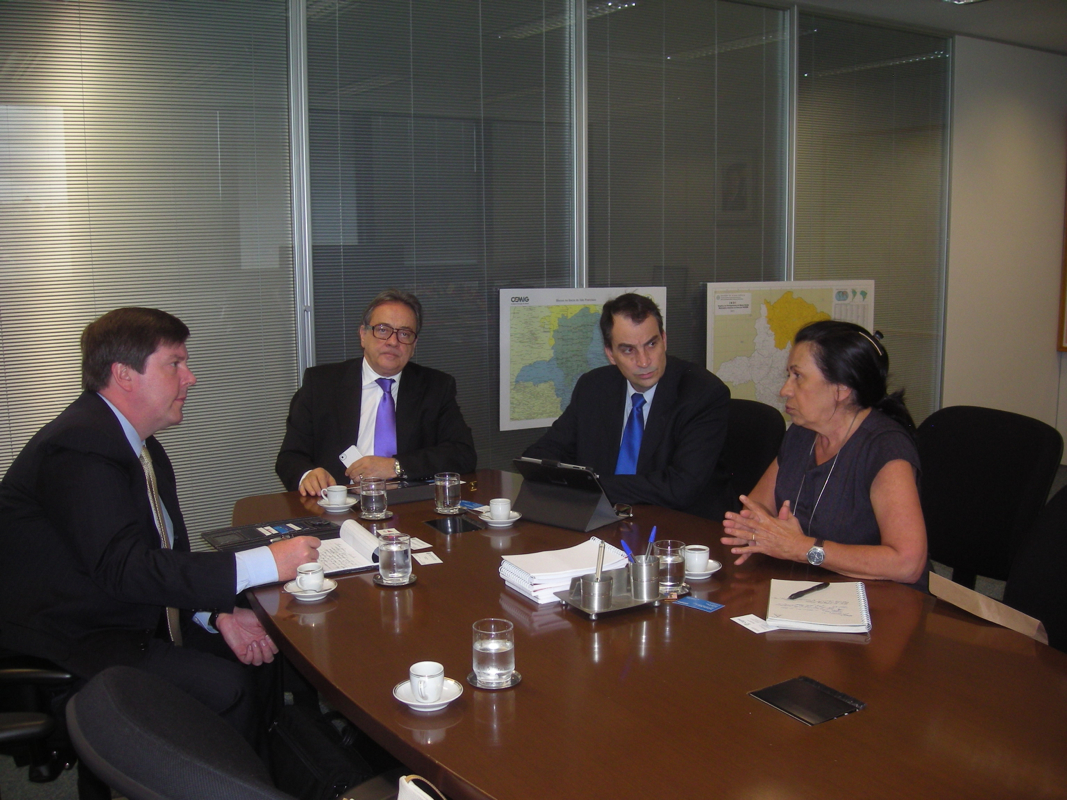
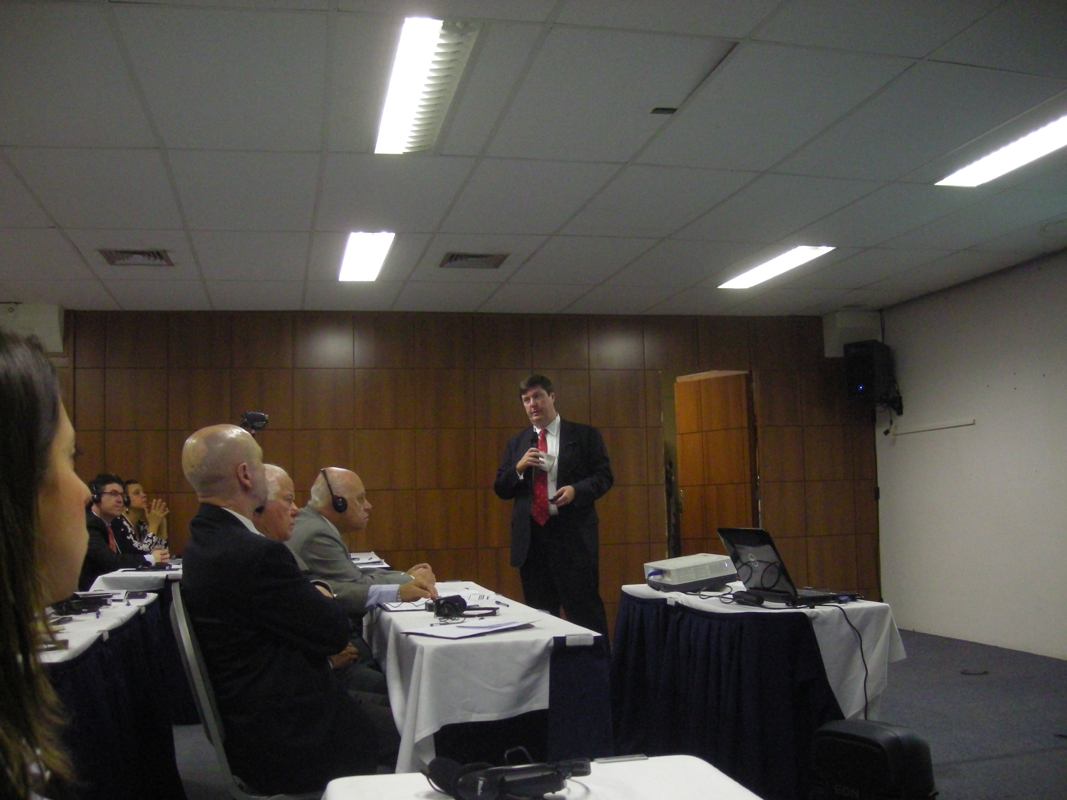
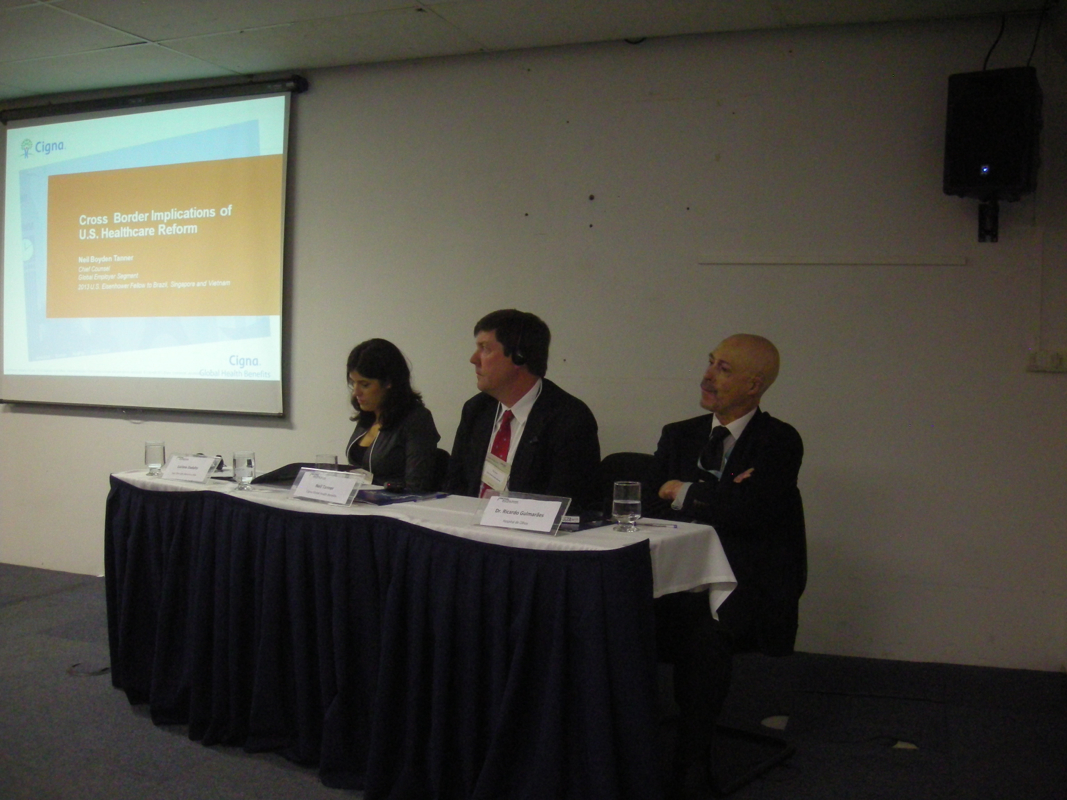
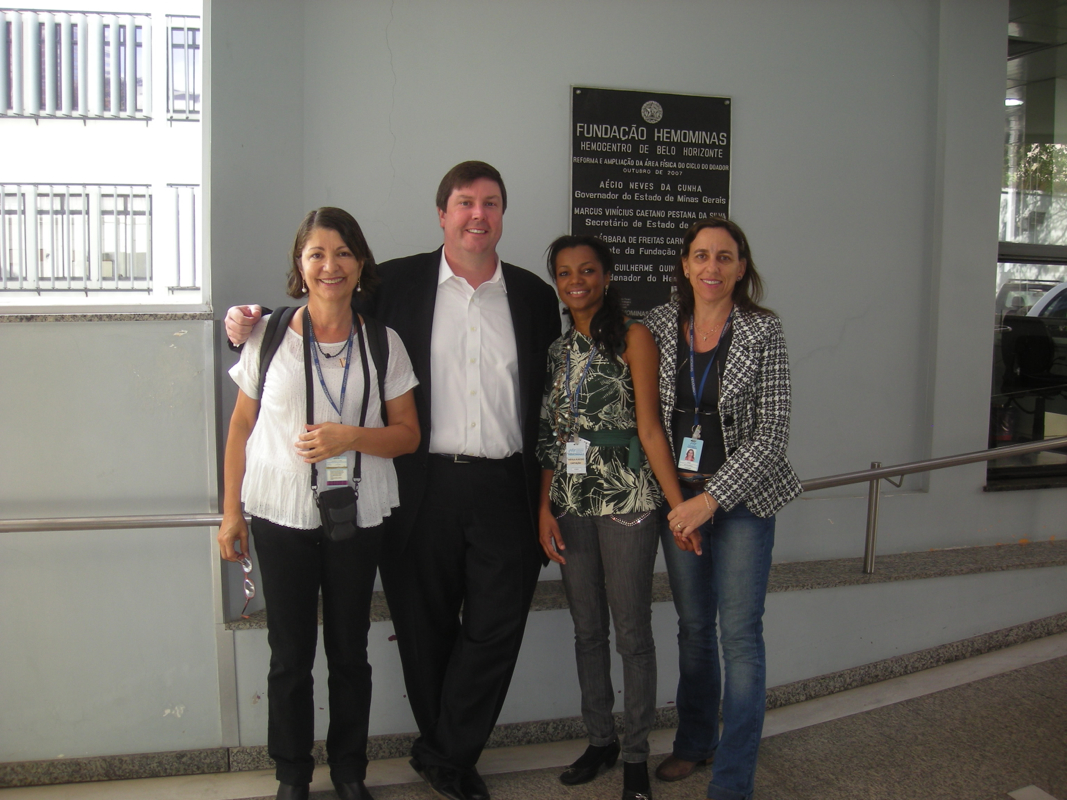
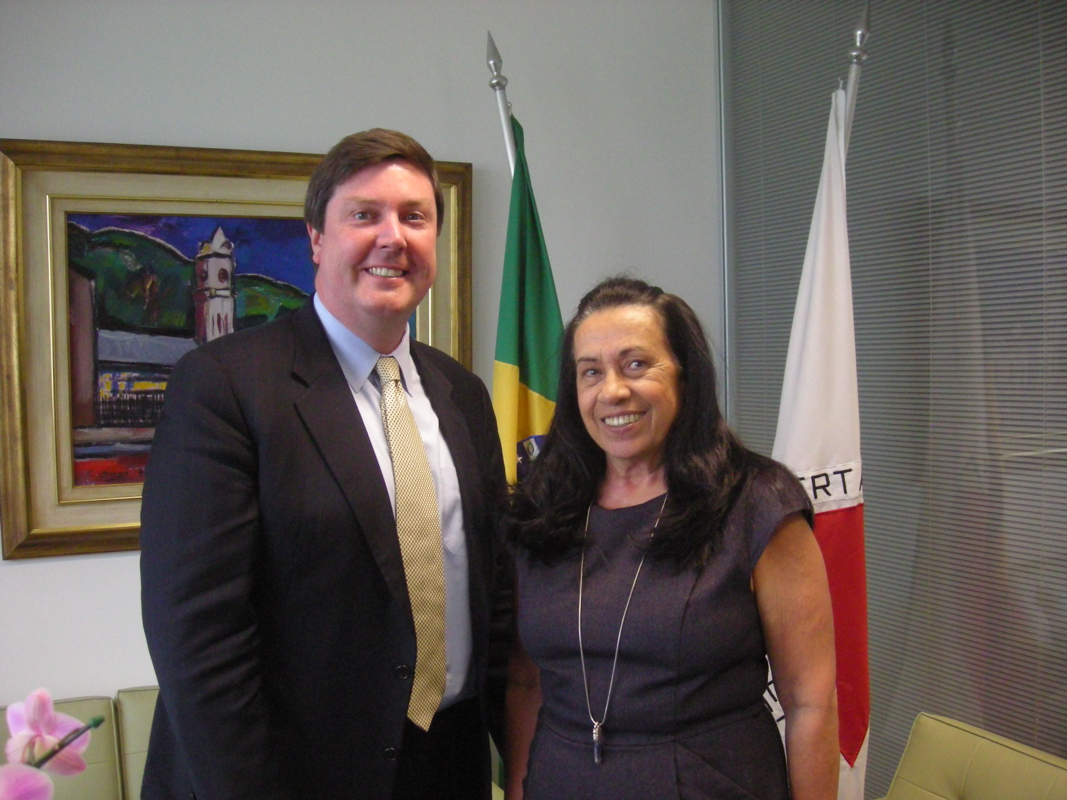
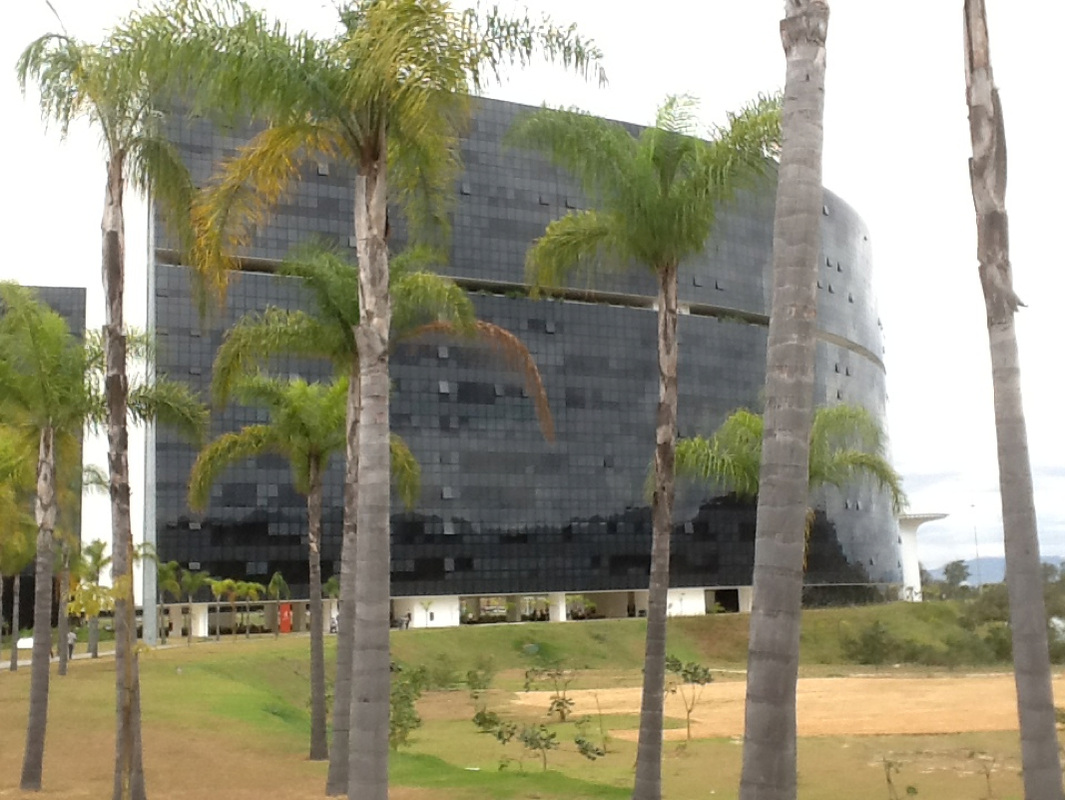

 RSS Feed
RSS Feed